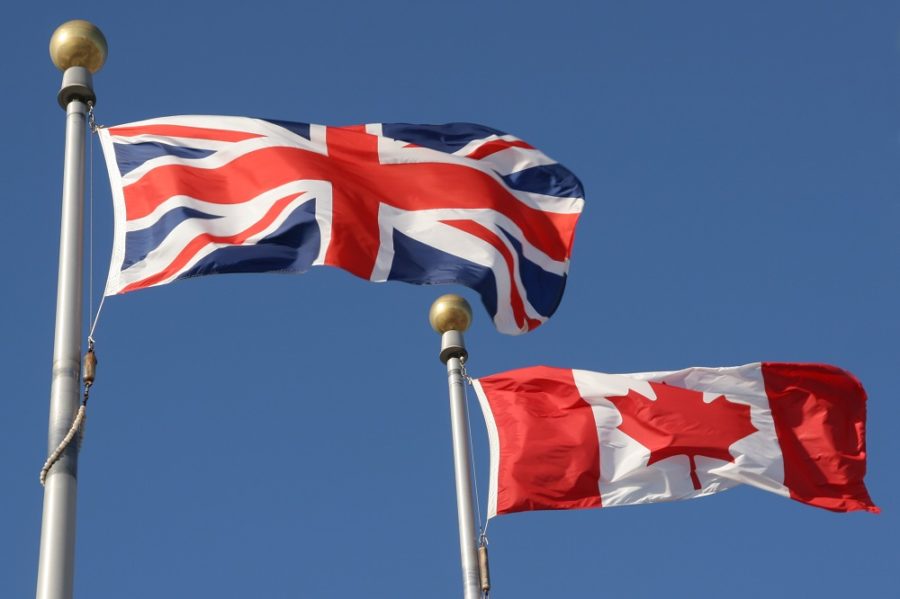September 22, 2020
Clock Is Ticking for Canada-U.K. Trade Deal

With only three months to go, businesses that trade between Canada and the United Kingdom are worried about not having a post-Brexit deal in place.
Although the United Kingdom left the European Union in January, the terms of the EU’s Comprehensive Economic and Trade Agreement (CETA) with Canada continue to apply until Dec. 31, offering a bit more time to negotiate a bilateral replacement deal — but not that much more.
“As the U.K. and EU’s transition period nears its end, the clock is ticking,” reads a joint statement Monday from the Confederation of British Industry and the Canadian Chamber of Commerce. “The benefits businesses have under CETA are set to disappear and without a trade deal in place both our countries will be going into unchartered territory.
“After months of trade and supply chain disruptions due to the pandemic, a continuation of uncertainty as our economies slowly rebuild is not an environment businesses can withstand,” they said.
CETA has been good for both countries, the statement said, boosting two-way trade by about 10 per cent over its first two years. That’s why they’re calling for a bilateral deal to replace it “at the earliest opportunity.”
According to International Trade Minister Mary Ng’s office, officials now are working toward a “transitional agreement” to minimize disruptions for businesses and workers.
A transitional agreement with Canada in the short term won’t be the same as a customized, bilateral agreement. That would take far longer than three months to conclude.
It would, however, prevent the two countries from “crashing out” of CETA, offering a stop-gap measure until both sides have the time and capacity to negotiate something more bespoke.
Ng confirmed that Canada and the U.K. are back at the table while taking questions during a webinar Monday morning hosted by the Canada–EU Trade and Investment Association to mark CETA’s three-year anniversary.
The minister said she is “very hopeful” and it’s her ambition to reach a transitional agreement “before or in time” for Brexit.
“That will set the stage for a more comprehensive [free trade agreement] with the U.K.,” she said. “The most important thing for me right now is stability for Canadian businesses … It’s our job to make sure that we do our level best to accomplish that environment for them.”
(Source: CBC News)